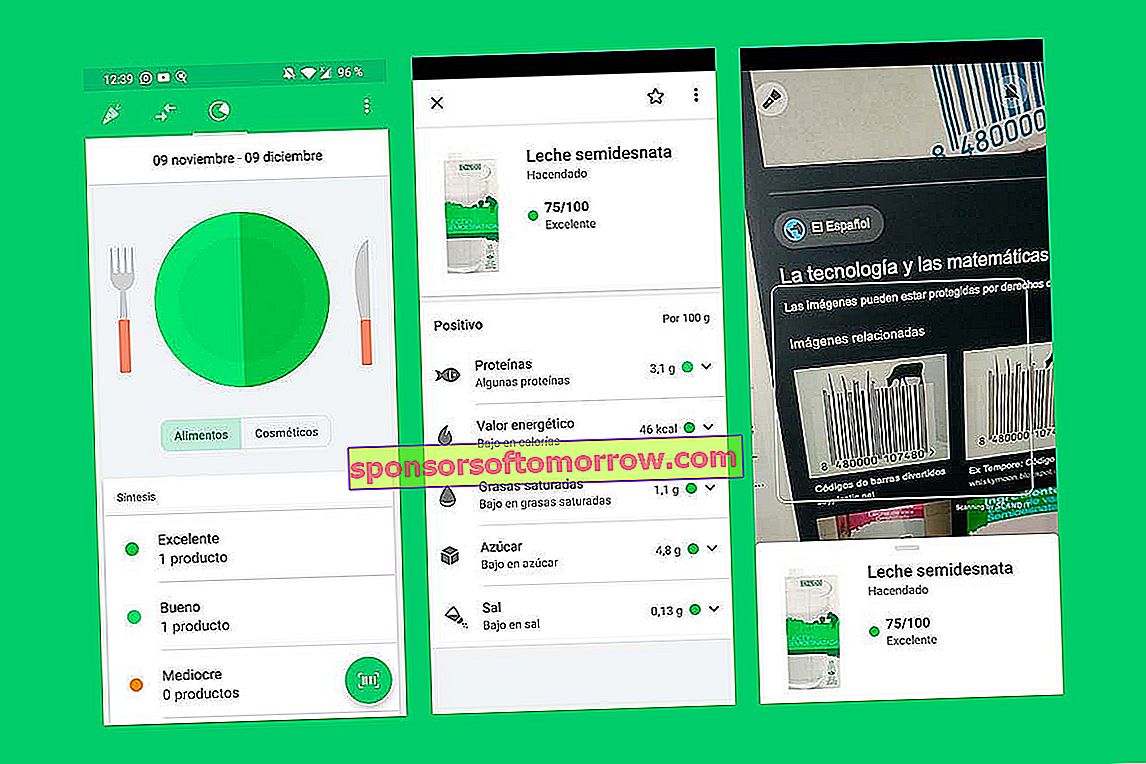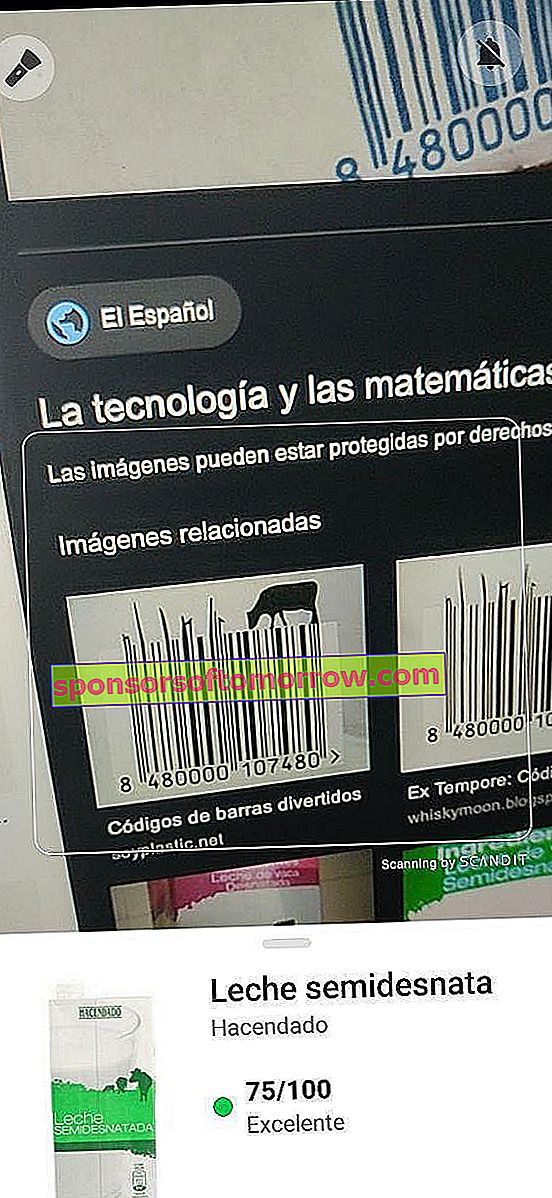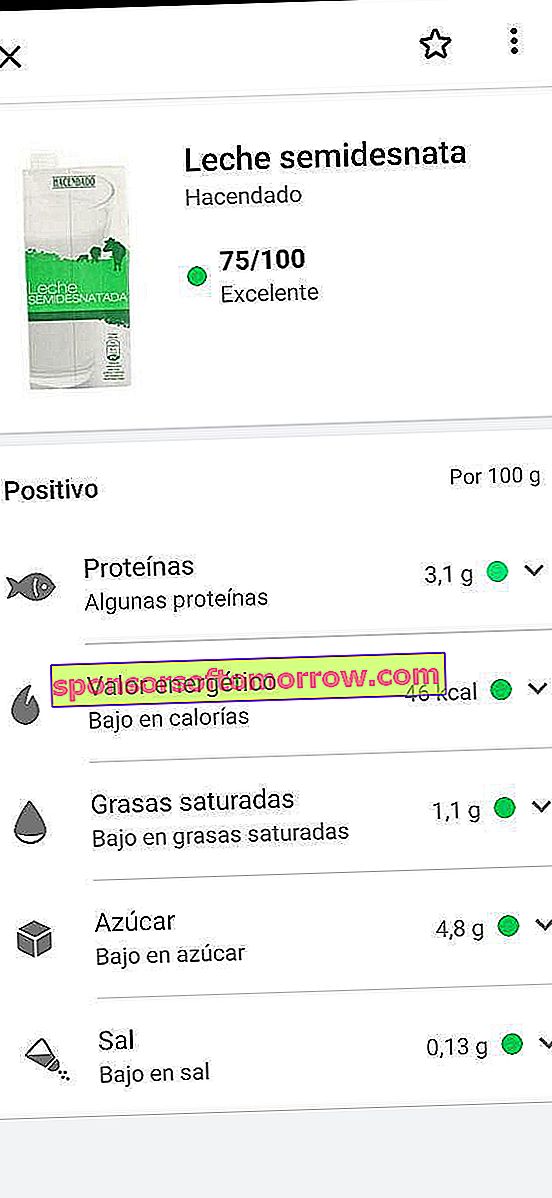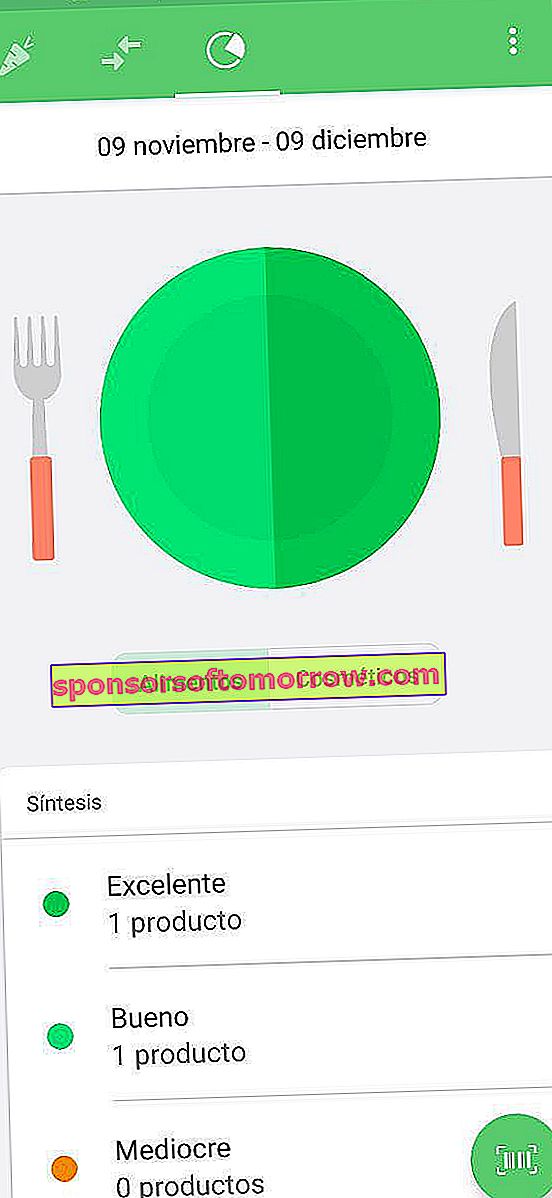
This is the phenomenon of the moment, along with MyRealFood. Although it has been in the different application stores for a few months, the truth is that Yuka continues to sow doubts in everything that has to do with its reliability. "Is Yuka reliable?", "Is the Yuka application legit?" or "Is the Yuka app reliable?" are some of the search intentions that we can find on Google. Is the application developed by Yuka.io really reliable? We see it below.
Four Reasons Yuka Is Reliable
It is not for nothing that the application was one of the ten most downloaded applications on Google Play during 2018. Currently, Yuka has more than 5 million downloads in the latter. Let's look at some of the reasons why it is reliable.
No influence from brands
Probably the most recurrent question about Yuka has to do with its reliability when evaluating products. Are they objective assessments? Are they influenced by third-party brands?

From the terms and conditions of use of the application we can read the following:
"Product ratings and recommendations within the Yuka application are conducted in a completely objective manner: no brand or industry group can influence product ratings and recommendations."We can therefore deduce that the evaluations are totally objective , as well as the product recommendations.
Does not sell data to third-party brands
Much has been said about the possible sale of data by Yuka to third parties. Nothing is further from reality. From the application they assure that "for ethical reasons, Yuka does not sell or use any personal data to third-party companies." In this aspect, Yuka is totally safe .
The final assessment is carried out in a fragmented way
Contrary to what other applications propose, Yuka performs a fragmented assessment that uses three different criteria depending on the nutritional quality of the food.
- 10% of the mark for the organic dimension : all those products that have a European ecological label (Euro-leaf) will be valued positively.
- 30% of the mark for the presence of additives : depending on the risk level of the different additives in the products, based on information from the EFSA, ANSES and CIRC agencies, Yuka will assess the final quality of the product through different tablets (green, yellow, orange and red.
- 60% of the grade for nutritional quality : the presence and quantity of elements such as sugar, salt and saturated fats will be valued and the nutritional value based on the quantity of proteins, calories, fibers. All based on the French National Health and Nutrition Program.
Collaborative database
The average valuation of the products is another aspect that has been questioned about the application of Yuka. Where does the food data come from? Are they totally reliable?

Yuka specifies the following:
“At the beginning of the Yuka project it was based on the Open Food Facts project, an open and collaborative database that works on the same model as Wikipedia and other Wiki pages.
As of January 2018, Yuka decided to establish its own database in order to implement certain contribution control and verification systems.
Today this database is fed by the contributions of users who can enter directly through the application the products that Yuka does not recognize and the information that some brands decide to contribute. Information that can be found on the product label itself. "
The conclusion is that Yuka is reliable if we talk about the nutritional information it provides and the general evaluation of the products.
Three reasons why Yuka is unreliable
Not all that glitters is gold, let alone an application with nutritional information whose criteria may vary depending on the different organisms. Let's look at some of the reasons why Yuka is unreliable.
Needs adaptations, according to the Ministry of Health
Although the Ministry of Health has not ruled on the matter about Yuka and other similar food applications, it has assured that NutriScore, the French system on which Yuka is based to value products and food, "needs a series of adaptations" to be totally suitable in Spain .
In the tweet published by the official account of the Ministry during the past year those responsible assured the following:
"The French model already implemented is the basis of the classification but in Spain it will be adapted to the Mediterranean diet, for which it will have the best experts in the field."
Does this mean that Yuka is unreliable? Nothing is further from reality. At the moment, the Ministry considers that the NutriScore assessment is not suitable in the criteria related to healthy fats and saturated fats . We will have to wait, therefore, for the Government's proposal.
The presence of additives can distort the final grade
A couple of months ago, Marián García, head of the Boticaria García blog, published an entry where mention was made of precisely this point. The nutritionist assured that "assessing food quality up to 30% based on food additives is dangerous", because it can promote chemofobia (fear of chemical elements).

"The additives are safe and this has to be clear to us," says the nutritionist. Today, EFSA considers additives safe to the extent that they are allowed .
Also "natural" or "eco" products
In the original entry published by Marián García, the nutritionist applied a similar argument to talk about the 10% assessment that Yuka makes based on the "ecological" or "natural" origin of the products.
"An organic or eco product is not more nutritious for the mere fact of being so" he assures. “It can be more sustainable, but not necessarily healthier. There are organic cookies that are still cookies. "
Conclusion: is Yuka reliable or not?
The truth is that it is roughly reliable. Not so much the final assessment that it makes based on the two parameters that we have just mentioned: the presence of additives and the natural origin of the product .
García even proposed the NutriScore system to the detriment of the Yuka application. The latter obviates the two mentioned parameters and takes into account a number of nutritional factors that are much more reliable than those that Yuka takes into account. However, the Yuka application can help us guide us on the quality of a food product, as long as we take into account its deficiencies in the final assessment.